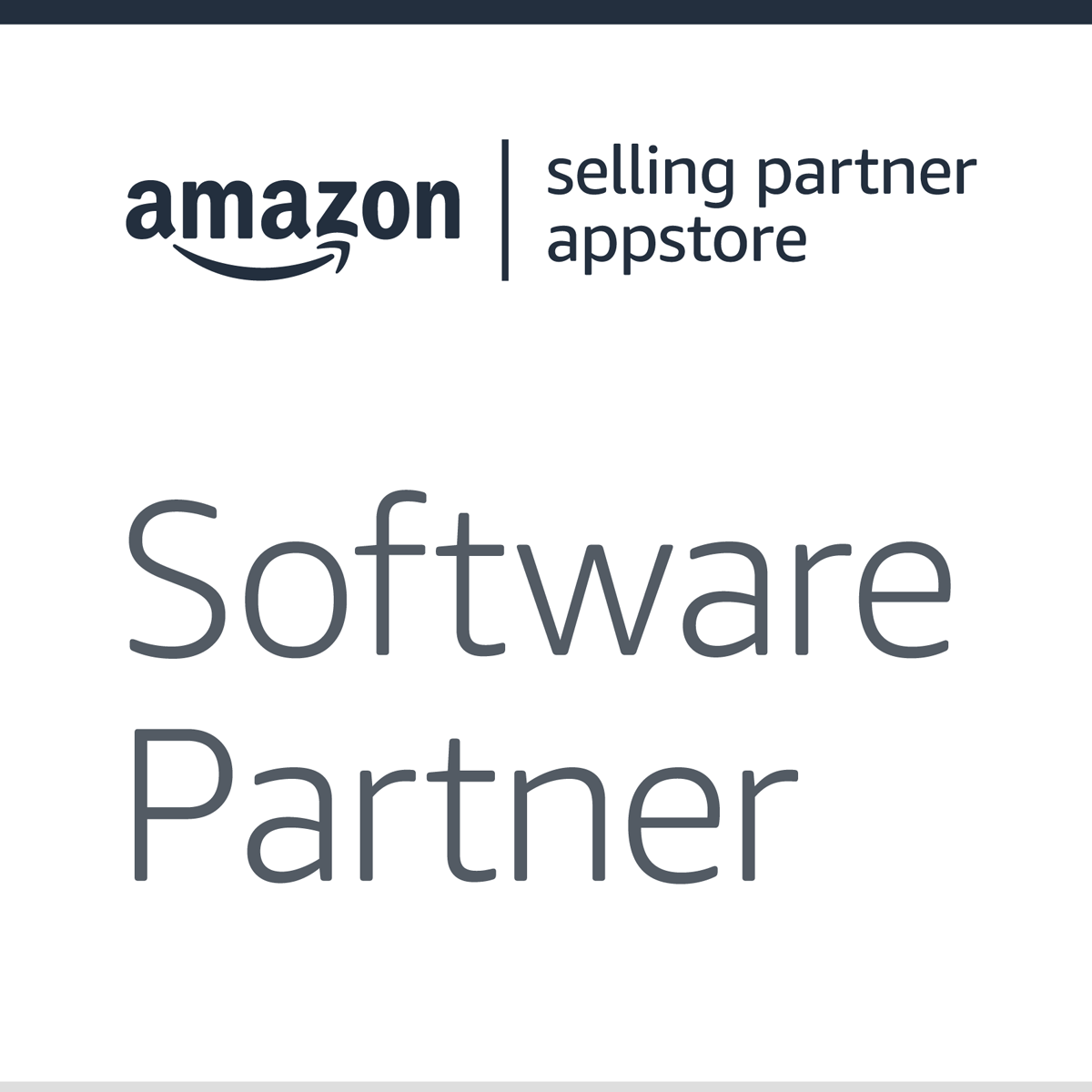Originally published on March 20, 2018, updated March 19, 2025
Menu
Join Our Email List
- Receive our monthly newsletter.
- Stay up to date on Amazon policies.
- Get tips to grow your business.
Most sellers understand the difference between Amazon feedback and reviews.
But, do you know how to properly ask for each?
In this blog post, we'll explore the subtle nuances between feedback and review solicitations.
Most analysts agree that the number of Amazon third-party merchants has now surpassed the 2 million mark. And, this trend won't be slowing down any time soon. eCommerce professionals from across the globe are flooding the Amazon marketplace, hoping to ride the wave of America's top e-tail brand.
With the Amazon ecosystem reaching near hyper-competitive levels, it's no surprise that positive seller feedback is more valuable than ever. All things being equal, the seller with thousands of 5-star reviews and few negatives will win the Buy Box more often than a less proven seller.
At face value, getting feedback seems like an easy enough task. Exceed the customer's expectations, and he or she will reciprocate with feedback - right? Sadly, that's not exactly how it works. To encourage more shoppers to rate third-party sellers, Amazon does occasionally ask customers (via automated email) to rate seller performance. Unfortunately, this email doesn't go to all of your customers, and many shoppers simply overlook it as "another email from Amazon."
Amazon does (and always has) allow sellers to send their own feedback solicitations. When requesting feedback, be sure to always do so within Amazon's guidelines and Buyer-Seller Messaging rules. In particular, it's important to remember that you:
Clearly, Amazon puts a lot of responsibility on the seller's shoulders when soliciting feedback. This is one of the many reasons why using a feedback automation tool is a smart idea.
In the past few years, sellers have turned to private labeling as a viable differentiation strategy. By their very nature, private label products tend to be less competitive, thereby increasing margin potential for the merchant.
Creating a private label brand does require additional reputation management work on the seller's part. Unlike household brands, which organically amass Amazon reviews simply by existing, the private label product tends to be lesser known in the market.
Buying Amazon ads is certainly one option for driving initial awareness, but there's an obvious cost that directly impacts profitability. Therefore, many sellers turn to product review solicitation as a strategy for supplementing paid advertising while simultaneously building long-term awareness.
Once again, Amazon allows you to request product reviews, although it's worth noting that Amazon is very particular about how you request reviews. As with feedback solicitation, you should never offer incentives for ratings or circumvent the Amazon platform. Going one step further, however, Amazon specifically prohibits the practice of asking for positive reviews. (Check out Amazon's additional guidelines and FAQs pertaining to reviews).
Amazon has taken great effort to preserve the integrity of its review system, which is why it's not afraid to suspend sellers who break the rules.
If you're looking to solicit for feedback and/or reviews, our FeedbackFive tool might be a great fit for your business. We've helped thousands of merchants successfully solicit over 50 million feedbacks and countless reviews. In addition to simplifying the process, we take Amazon policy seriously and design all of our products to keep you in compliance.
Originally published on March 20, 2018, updated March 19, 2025
This post is accurate as of the date of publication. Some features and information may have changed due to product updates or Amazon policy changes.
These Stories on Feedback and Reviews
14321 Winter Breeze Drive
Suite 121 Midlothian, VA 23113
Call us: 800-757-6840





Copyright© 2007-2025 eComEngine, LLC. All Rights Reserved. eComEngine®, FeedbackFive®, RestockPro®, and SellerPulse® are trademarks or registered trademarks of eComEngine, LLC. Amazon's trademark is used under license from Amazon.com, Inc. or its affiliates.
No Comments Yet
Let us know what you think